The 25-percent tariffs President Donald Trump has ordered on imported vehicles and parts has sent shock waves through the automobile industry. Manufacturers and dealers are deeply worried about the real chance that sticker prices could climb by as much as $10,000 on vehicles that already cost an average of about $48,000.
Trump has said he isn’t concerned about higher prices. It’s worth it, he says, to promote American manufacturing. But one of the less-discussed consequences of the tariffs is the hit it will put on one of the domestic auto industry’s growing sectors: electric vehicles.
EV sales grew 7 percent last year, according to Cox Automotive, thanks to former President Joe Biden’s policies and a profusion of new models, creating jobs in rural red districts across the South and Midwest.
But Trump is no fan of the migration to EVs, which he has called a “transition to hell.” He has vowed to undo Biden’s signature Inflation Reduction Act. On top of the import tariffs, Trump has threatened to abolish a tax credit for EV buyers. The double-whammy could kill demand for EVs, and jobs along with it.
1
Many of the new auto plants being built in America are making EVs. Shouldn’t the electric vehicle market benefit from Trump’s “America first” policies?
It would seem so, wouldn’t it? After all, most new auto factories being built in America these days are making EVs or batteries. You’d think that they’re on a glide path to avoid tariffs.
But the auto industry is complex, and there’s some unintended consequences. One is that a lot of the basic materials for EV batteries still come from China, and China’s getting hammered with Trump tariffs. That makes EVs more expensive.
That said, there are some automakers that could do all right, especially Tesla.
2
Why would Tesla win and other EV makers not benefit the same way? And does that have something to do with Elon Musk’s good relationship with the president?
Tesla has long made it a priority to source domestically. All of the more than 600,000 Teslas sold in the U.S. last year were assembled in California or Texas. And compared to other automakers, Tesla makes more of its own parts, from seats to motors, in the U.S. To be clear, it will hurt — even Tesla CEO Elon Musk says the effect on Tesla will be “not trivial” — but all that domestic content means Tesla will pay less in tariffs.
As for whether Trump designed these tariffs to help Musk. I think that’s unlikely. Trump has liked the idea of high tariffs for decades, and Tesla manufactured in America long before Trump and Musk became besties. It seems more likely that this is an area where Trump and Tesla are naturally aligned.
By the way, another automaker that might dodge the Trump tariffs is Hyundai.
3
What’s Hyundai doing that other manufacturers aren’t?
Hyundai has a few things going for it. For one, it is making a show of bowing to Trump’s demands.
Last week, its chairman, Euisun Chung, appeared with the president at the White House to trumpet $21 billion in new U.S. investment. And by coincidence, Hyundai opened its giant new EV plant in Georgia on the very same day that Trump announced the 25-percent tariff.
That creates the appearance that Hyundai is responding to Trump. But really Hyundai’s growing role as a U.S. automaker has a lot more to do with Joe Biden. That big Georgia factory was built on the assumption that the hundreds of thousands of EVs it plans to make each year would benefit from tax incentives in the Inflation Reduction Act, which Biden got passed in 2022. It’s important to note that this goes beyond EVs. At least 17 parts factories have sprung up around the Georgia plant.
A major wildcard in what happens to that factory, and a lot of other EV and battery factories, is if Trump kills the $7,500 tax credit for EV buyers. Trump and many Republicans say that subsidy has the government picking winners, instead of the market.
But that misses an important feature of the tax credit that rarely gets mentioned: The tax credit was designed to move EV and battery manufacturing out of China and into the U.S. To qualify for the credit, automakers have to source more and more domestic content each year from the U.S. or our trade allies.
4
If the tax credit is supposed to encourage domestic production, why would Trump get rid of it?
Trump has never been fond of EVs. Sure, he made a show of buying a Tesla at the White House from Elon Musk, but mostly he praised Musk while ignoring the car itself.
Republicans have pinpointed the EV tax credit as a way to pay for a Trump income tax cut. And they may be right; of all the ways Biden supported EVs, the tax credit costs the government most. A Harvard study estimated that eliminating it would save $168 billion over a decade.
But there’s a problem. If you remove the tax credit, which has been used by most EV buyers, you will deliver a double-whammy for the EV industry. And that’s going to cause economic turmoil in dozens of red-leaning districts around the country.
5
What will happen to existing plants like Hyundai’s in Georgia and others that are under construction or in the planning stages?
Princeton University published a study in March projecting that if the EV tax credit goes away, then any EV or battery factory opened in 2026 or later would no longer be needed. There simply wouldn’t be enough EV demand to support them.
These factories are very much on the minds of Republican members of Congress. The reason is that most of the EV and battery supply-chain factories are being built in their districts, in rural or exurban parts of the Midwest or Southeast. Looking at the battery supply chain alone — the part we want to wrest from China — there are 228 projects in the pipeline nationwide that seek to create 118,000 jobs.
Now you’re seeing Republicans backpedaling on plans to immediately kill the EV tax credit, and to instead maybe just phase it out. Understandably, they want to save the thousands of jobs that could be created.
.png)



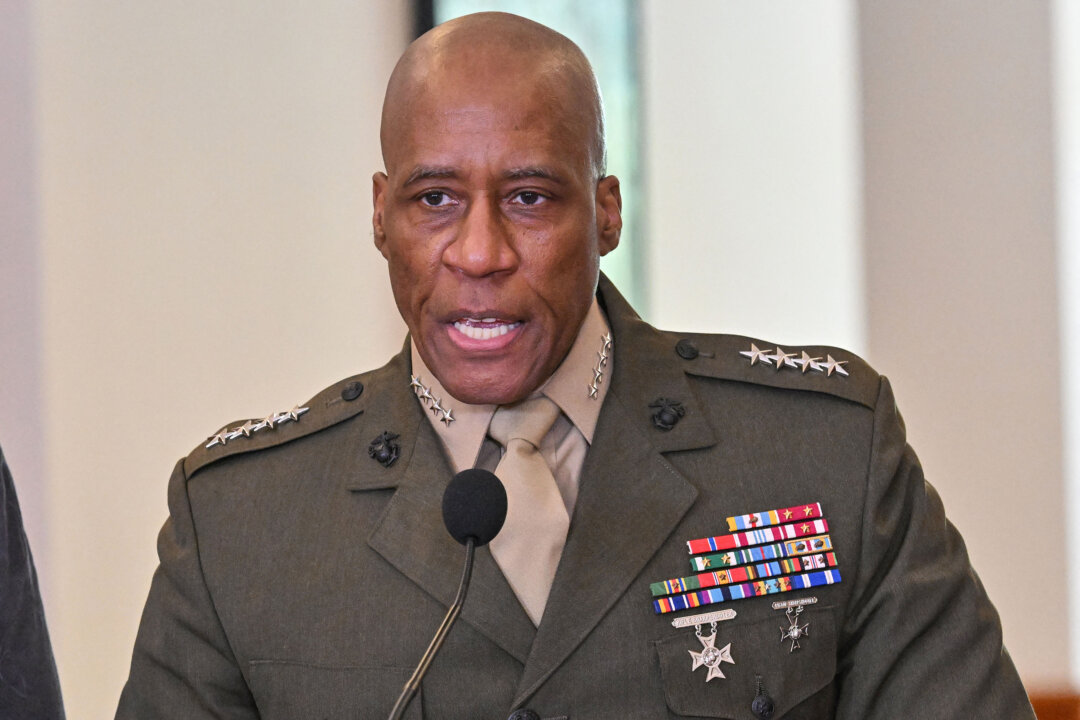



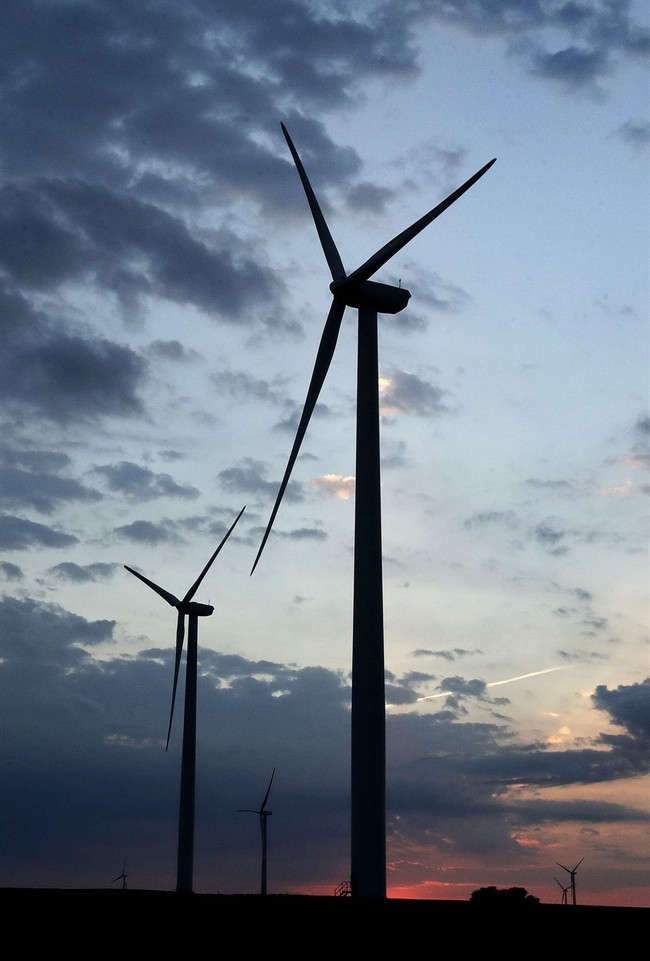

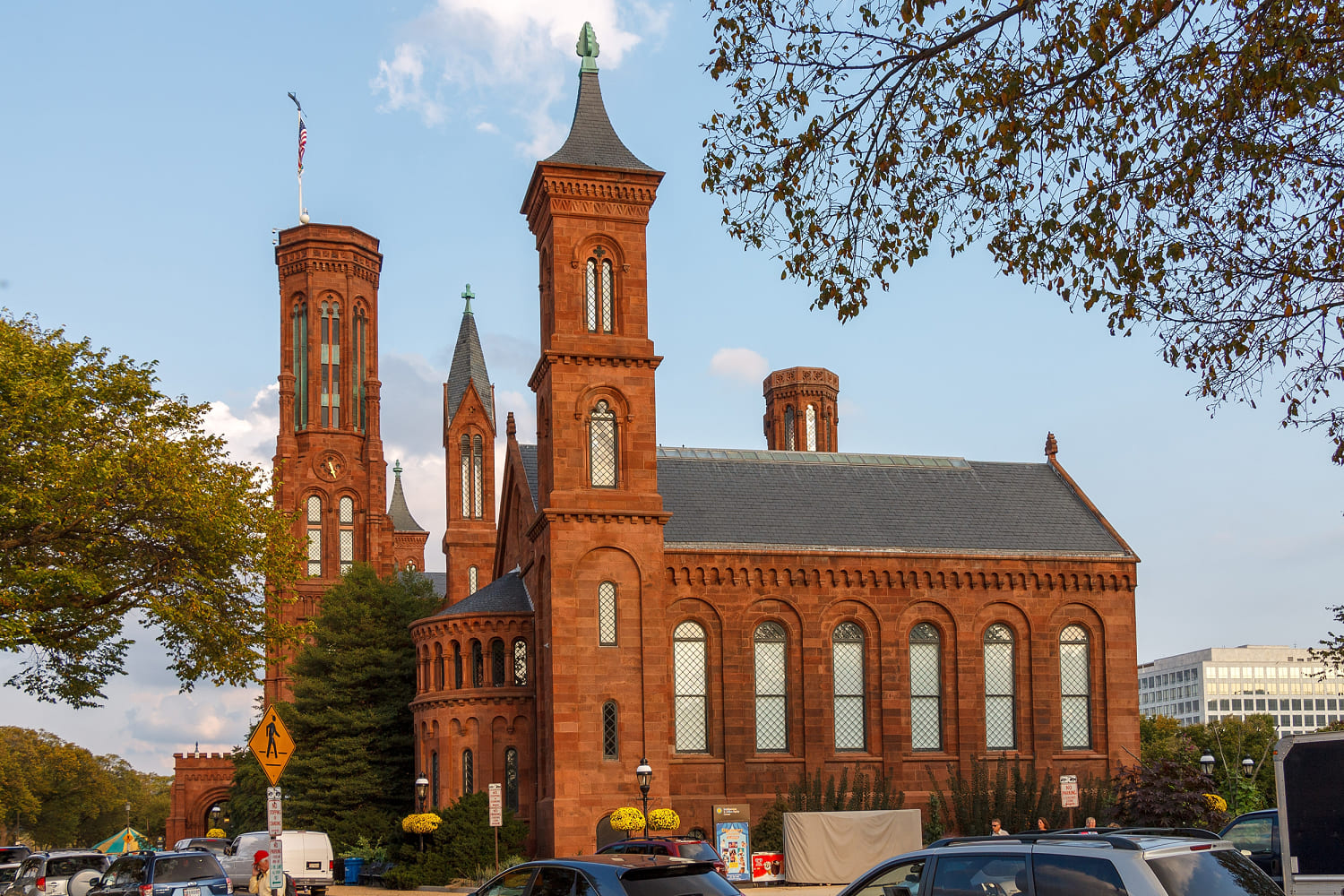
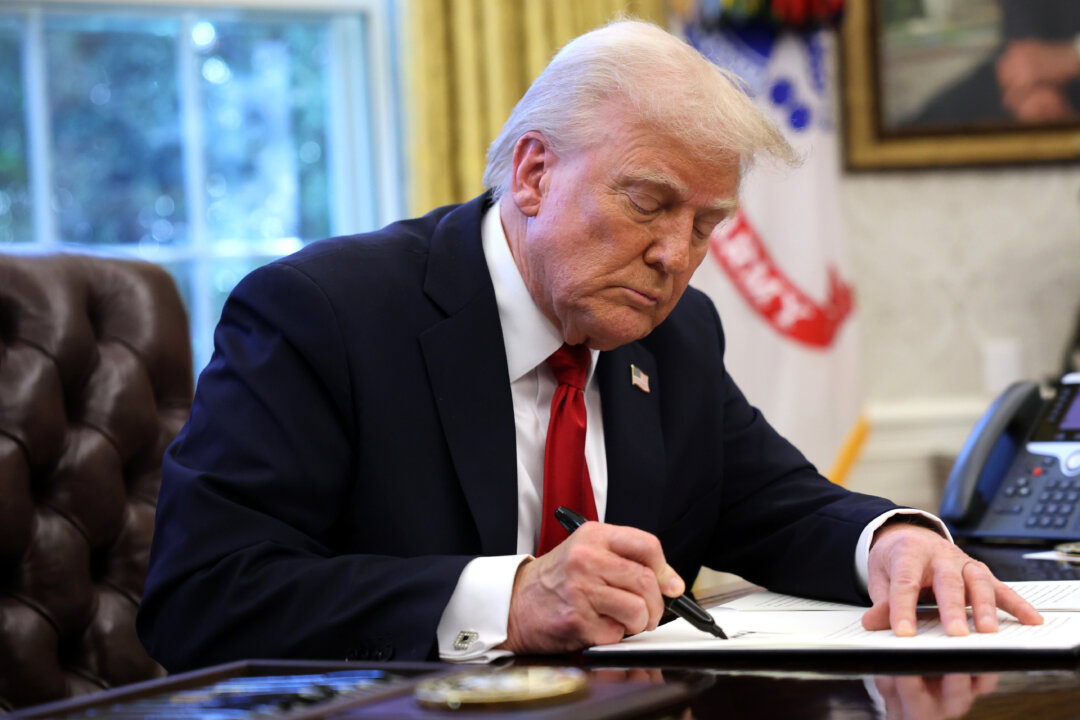
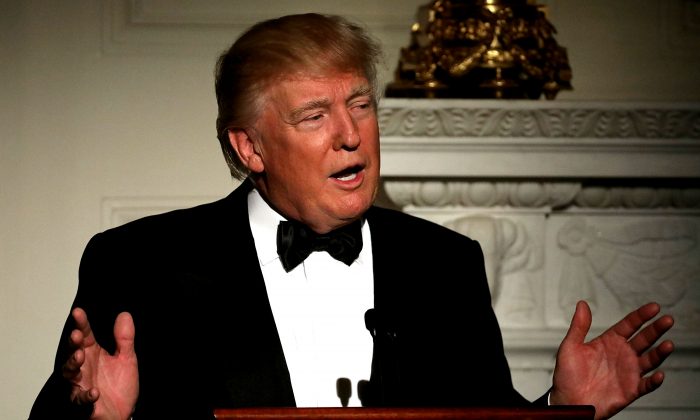


 English (US)
English (US)